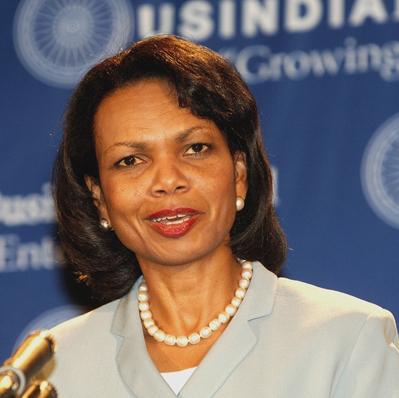NEW YORK -- America generally has had an uneasy relationship with the Non-Alignment Movement, which represents some 118 countries, mainly in the developing world. More than a half century ago -- on June 9, 1955, to be precise -- John Foster Dulles, the U.S. Secretary of State under President Dwight D. Eisenhower, upset the leaders of several non-aligned countries, including former Indian Prime Minister Jawaharlal Nehru, when he chastised in a speech that "neutrality (a term used by the then U.S. administration to refer to non-alignment) has increasingly become an obsolete and, except under very special circumstances . . . an immoral and shortsighted conception." Nehru was, understandably, not pleased with Dulles' outburst because the former Indian prime minister, along with Indonesia's President Sukarno, Egypt's Gamel Abdel Nasser and Yugoslavia's Josip Broz Tito, was one of the founding fathers of what came to be known as the non-aligned movement (NAM), a "third way" in a bipolar world dominated by the United States and the Soviet Union.
In Building U.S.-India Partnership, Ghosts of Alliances Past

